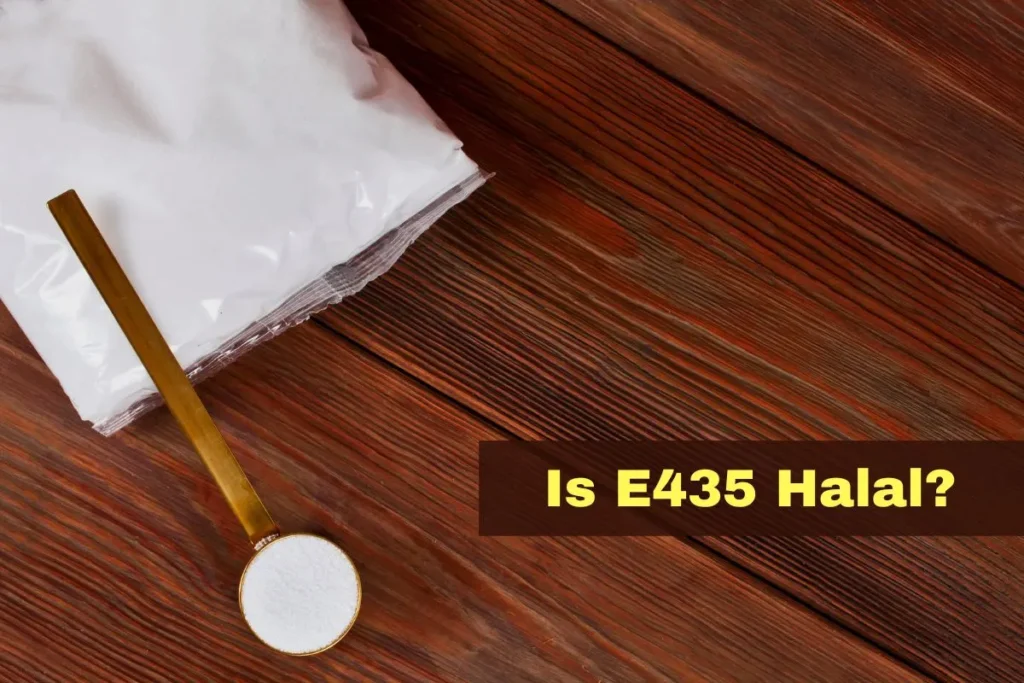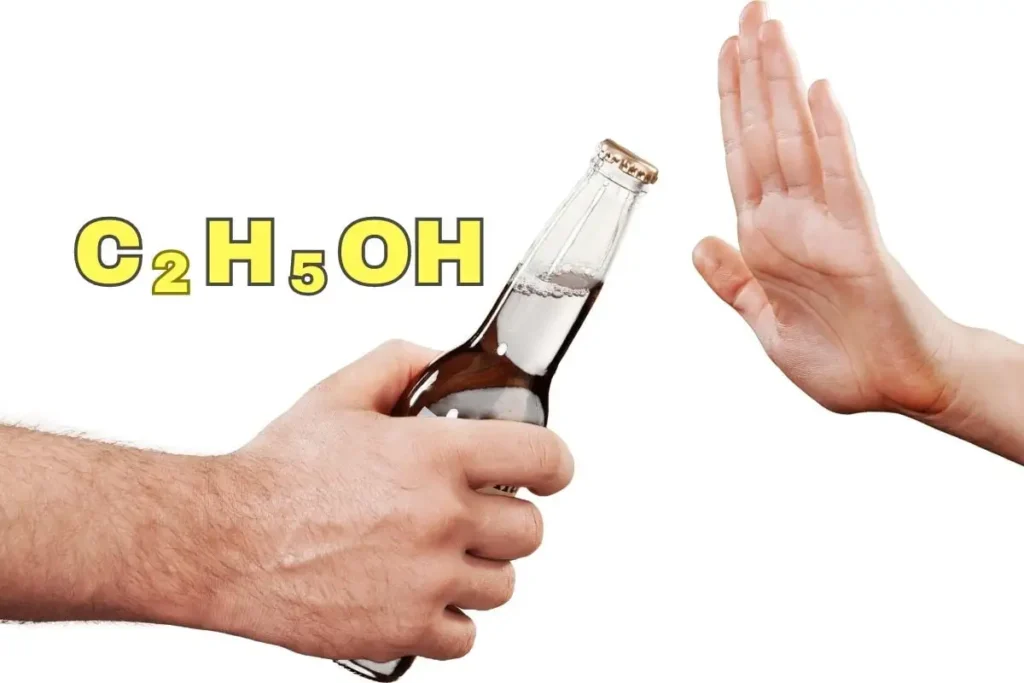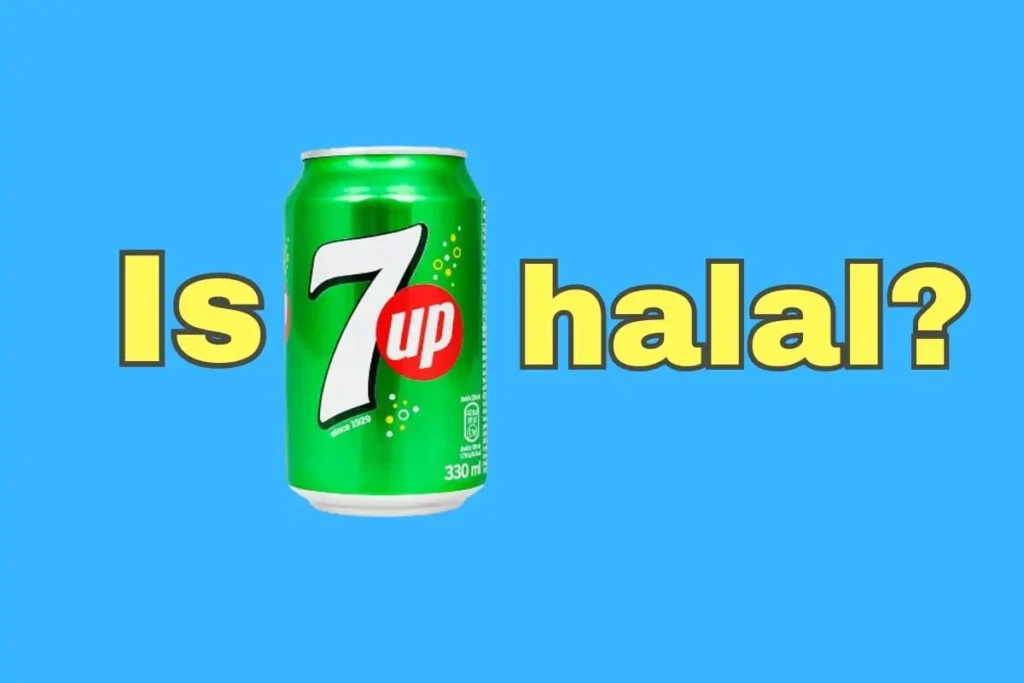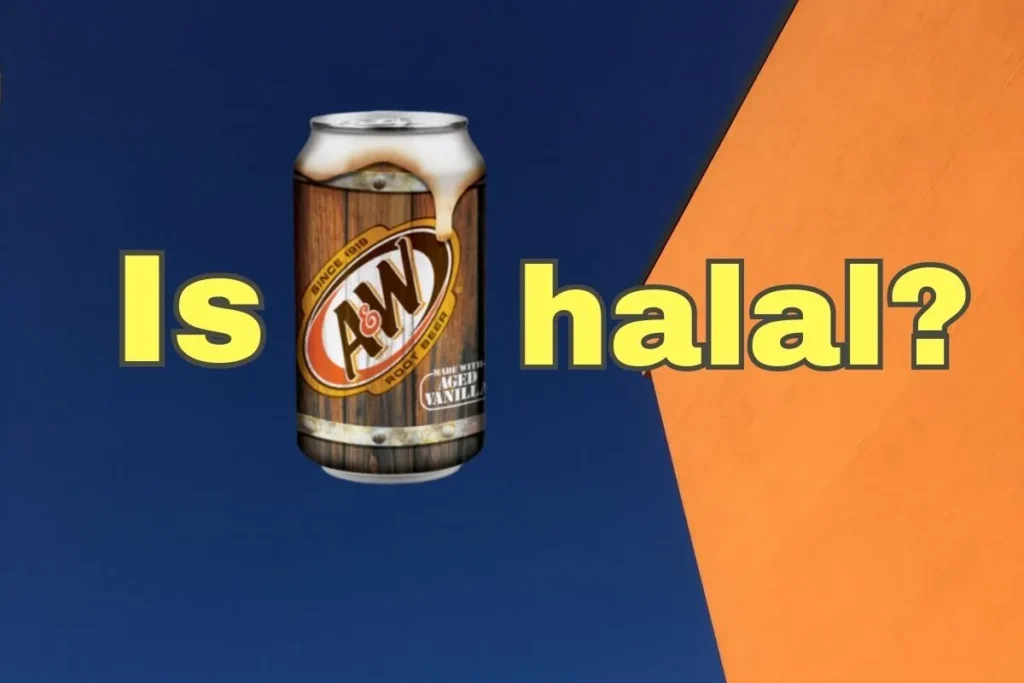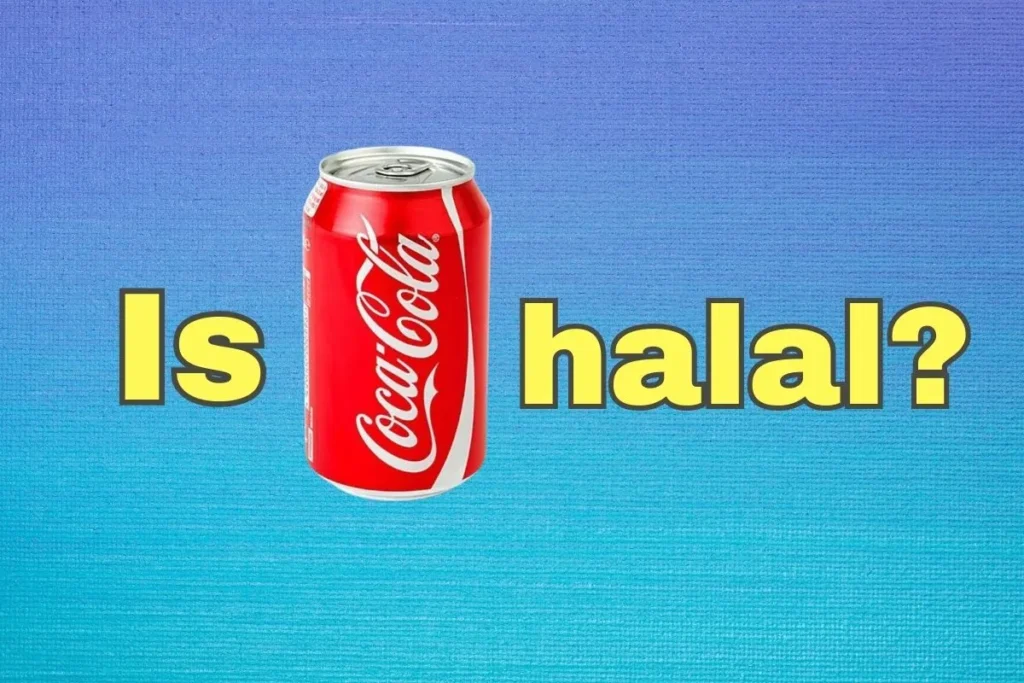Dive into the captivating world of food labels as we unravel the mystery behind E435 – Is it truly halal? In this short journey, we’ll decode the science behind E435, dispelling myths and shedding light on its halal status.
Ready to embark on a flavorful adventure of discovery? Let’s separate the halal from the haze!
Temel Çıkarımlar
| 📌 E435, or Polysorbate 60, is crafted from sorbitol, ethylene oxide, and fatty acids, enhancing that creamy goodness in your favorites. |
| 📌 E435 finds its way into ice cream, cheeses, dressings, and baked goods, adding a smooth touch to your culinary delights. |
| 📌 Despite being generally safe, E435’s halal status is shrouded in doubt due to its sorbitol source, echoing the uncertainty of sorbitol’s halal credentials. |
What is E435?
Polysorbate 60, denoted as E435 acts as an emulsifying agent supporting mixtures of dissimilar ingredients like oil and water into stable preparations.
Kimyasal yapı
E435 has a polyethoxylated sorbitan backbone esterified with fatty acids through chemical processing without involving animal products. This gives it surface-active properties.
What Is E435 Made From?
Have you ever wondered what gives that creamy texture to your favorite salad dressings or baked goods? Well, Polysorbate 60 might just be the unsung hero behind the scenes. So, let’s break it down in a way that makes you the master of the pantry!
Firstly, picture vast fields of sun-kissed plants, particularly sorbitol, derived from these green wonders. Imagine the raw potential locked within those plant-based molecules.
Now, the real magic begins. Through a series of chemical acrobatics, sorbitol transforms into Polysorbate 60. It’s all about plant power and molecular finesse.
Ethoxylation, a key step in this transformation, adds ethylene oxide units to sorbitol, and then fatty acid derivatization completes the symphony. The result? Polysorbate 60, is ready to bring a velvety smoothness to your favorite culinary creations.
Olası yan etkiler
No adverse health issues are associated with regular consumption amounts. Very high unregulated doses may cause minor tummy upsets.
Düzenlemeler ve Yönergeler
Authorities like the U.S. FDA list appropriate E435 levels to ensure safety.
Dozaj ve Uygulama
Technical documents provide judicious additional guidance without risks. Average background intake is estimated at 10-50 mg daily.
Is E435 Halal or Haram?
While generally considered safe for consumption, the halal status of this substance remains uncertain. This is due to E435 being sourced from sorbitol, the halal status of which is syubhat (doubtful).
Sorbitol production involves a glucose hydrogenation process. Glucose, in turn, can be derived from starch hydrolysis using enzymes. One commonly employed enzyme in this process is alpha-amylase, which may be sourced from pig or cow pancreas.
Daha fazlasını bul:
Dır-dir E434 Helal mi Haram mı?
Dır-dir E436 Helal mi Haram mı?
Çözüm
In the journey through E435’s realm, we’ve unveiled its origin from sun-kissed sorbitol fields, a culinary hero in the making. Yet, the halal haze persists, tethered to sorbitol’s uncertain roots.
Armed with this knowledge, embark on a culinary voyage where mindful choices meet halal aspirations. May your gastronomic adventures be both delightful and discerning! 🌐🍽️🌿
Allahu A'lem (En iyisini Allah bilir)
SSS
What is the source of E435?
E435 is polysorbate 80, which is derived from polyethoxylated sorbitan and oleic acid. It is produced synthetically.
What is the source of E435?
E435/polysorbate 80 is considered generally safe for consumption by international food safety authorities like the FDA and EFSA. However, some people may have allergic reactions to it.
What are some common food products that contain E435?
Common food products that contain E435 include ice cream, cheeses, dressings, baked goods, and frozen foods. It is often used as an emulsifier.
What is the CAS number of E435?
The CAS number for E435/polysorbate 80 is 9005-67-8.
Is E435 banned in any country?
E435 is not banned in any country for food use. However, some countries like Denmark and Norway have certain restrictions on its use in infant formulas.

